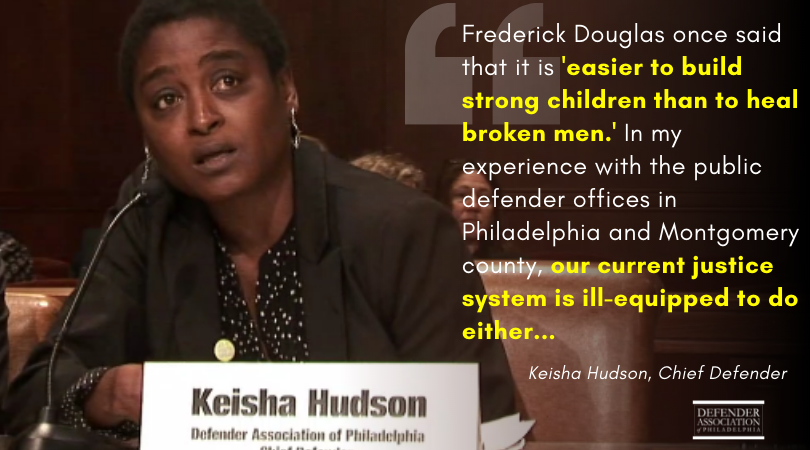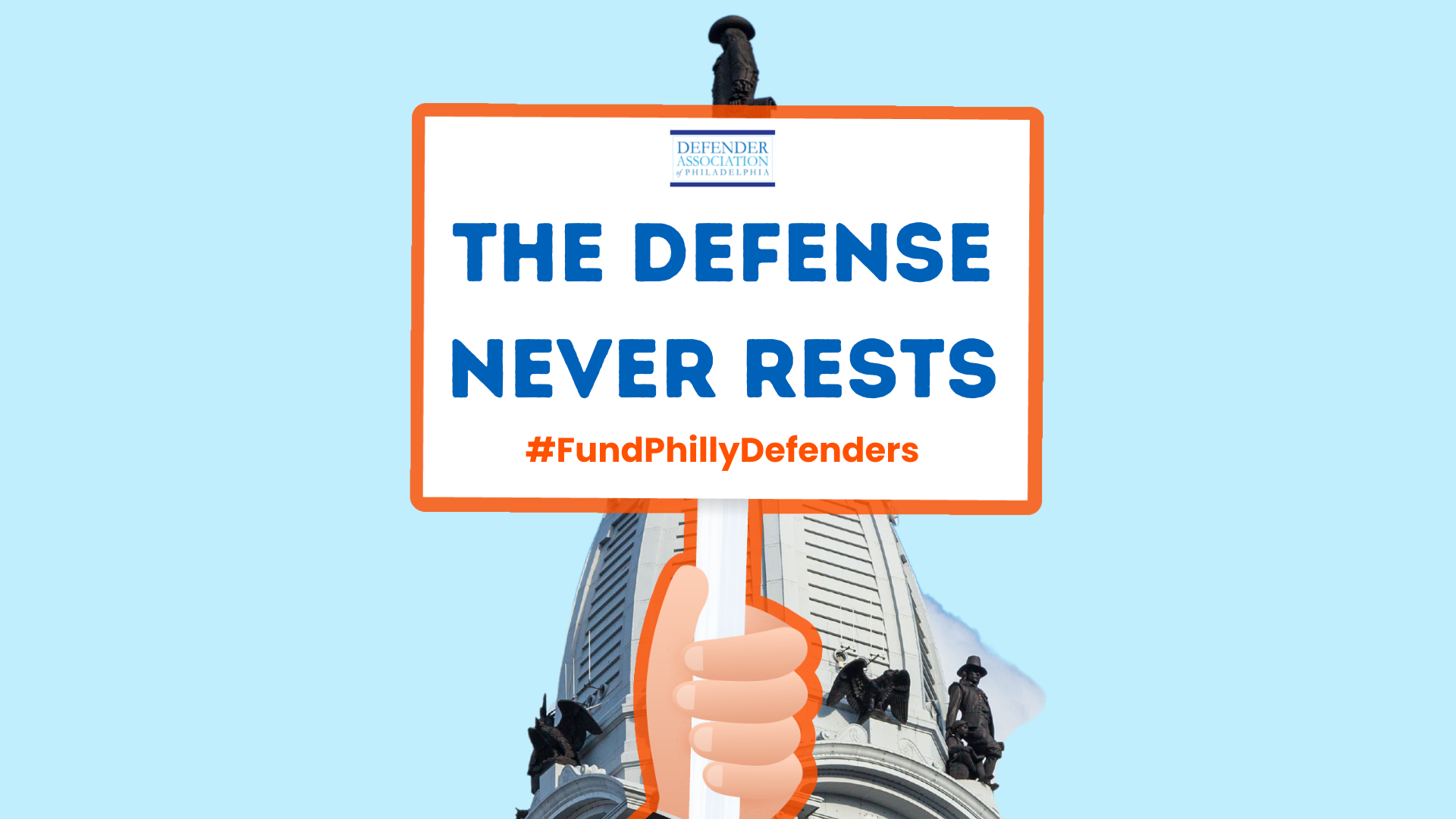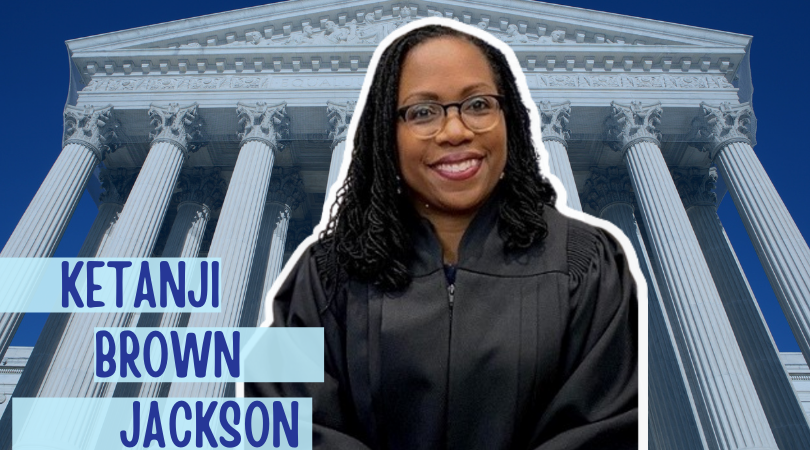[vc_row css=”.vc_custom_1653325368062{padding-top: 20px !important;padding-bottom: 20px !important;}”][vc_column][vc_column_text]
On May 24, 2022, Chief Defender Keisha Hudson testified before the PA Senate Judiciary Committee about juvenile justice legislation, as a result of the recommendations of the Juvenile Justice Task Force.
Her remarks to the Senate are below. You can also click here to download the full written testimony submitted for the record.
[/vc_column_text][/vc_column][/vc_row][vc_row][vc_column][vc_empty_space][/vc_column][/vc_row][vc_row css=”.vc_custom_1653325378981{padding-top: 20px !important;padding-bottom: 20px !important;background-color: #ffffff !important;}”][vc_column][vc_column_text]Thank you Madam Chair and esteemed members of the committee for inviting me to speak today.
Frederick Douglas once said that it is easier to build strong children than to heal broken men.
In my experience with the public defender offices in Philadelphia and Montgomery county, our current justice system is ill equipped to do either.
But if we implement the 35 specific recommendations made by the Juvenile Justice Task Force, we can change that – and help Pennsylvania build a safer, fairer, more efficient system of justice for young people.
The biggest obstacle to achieving a safe, fair, and efficient system of youth justice is under-resourced public defender offices.
Without robust representation by highly skilled and well-resourced attorneys, even the most progressive legislative reforms will be insufficient to create the changes we hope for.
As I’m sure Ms. Jacobson from PDAP will discuss, Pennsylvania is the only state that provides no state funding for its public defender offices. I’ve outlined my concerns with SB 1229 in my written testimony and encourage the committee to establish a baseline level of financial resources to ensure children across the Commonwealth have equal access to counsel.
Many of the other reforms proposed by the Task Force, which we hope to see introduced into legislation, will also enable public defender offices throughout the Commonwealth to use limited system resources more efficiently.
For example, we know that most young people outgrow the behaviors that first led to their justice system involvement. But continued and excessive entanglement with the courts actually interferes with normal adolescent development and drives many of our kids further into the system.
That’s why we need to expand and standardize opportunities for diversion and informal adjustment – so we are being more thoughtful about what children and behaviors actually warrant a harrowing and expensive justice system response.
This approach protects children and their families from unnecessary harms, expenses, and stress on the family unit.
It also reserves limited resources within defender offices and the courts for circumstances that actually require a more formal response.
For those children who require a more formal response, removal from their homes and communities should be the last resort.
Unfortunately, in Philadelphia, children serving probation for non-violent behaviors are too frequently sentenced to placements for technical violations of their probation – things like not following rules or coming home. It is devastating to families. It is also expensive. And it disproportionately impacts children of color – with 96% of the children sentenced to placements
I also must urge this committee to commit to introducing legislation that will require that all charges filed against young people to be handled in family court.
Current law prohibits the Commonwealth from filing charges in family court when a young person aged 15 or older is alleged to have committed one of a list of enumerated charges, and either has a prior history of delinquency or uses a weapon.
The Commonwealth has no discretion and in those circumstances the cases must be filed in adult criminal court. The young people, and their attorneys, must then present evidence to the court as to why they should be treated as kids.
The majority of these cases (60%) are dismissed, withdrawn, or returned to family court. But at great cost to children, their families, and taxpayers.
Initiating cases in family court will not prevent the Commonwealth from seeking adult prosecution, when appropriate. But it will create a more efficient process – requiring the Commonwealth to review the cases thoroughly on the front end and enabling specially trained family court judges to determine whether the court should relinquish jurisdiction to the adult system.[/vc_column_text][/vc_column][/vc_row][vc_row][vc_column][vc_empty_space][/vc_column][/vc_row][vc_row css=”.vc_custom_1653325425370{padding-top: 20px !important;padding-bottom: 20px !important;background-color: #0061b9 !important;}”][vc_column][vc_column_text]One of the leaders of Philadelphia’s Youth Participatory Defense Hub is all too familiar with this process. Her name is My Lee and she is 22 years old.
This is her story (watch the video below to hear My’s story in her own words and voice)[/vc_column_text][vc_video link=”https://youtu.be/RxjGWcmu4bE”][/vc_column][/vc_row]



















